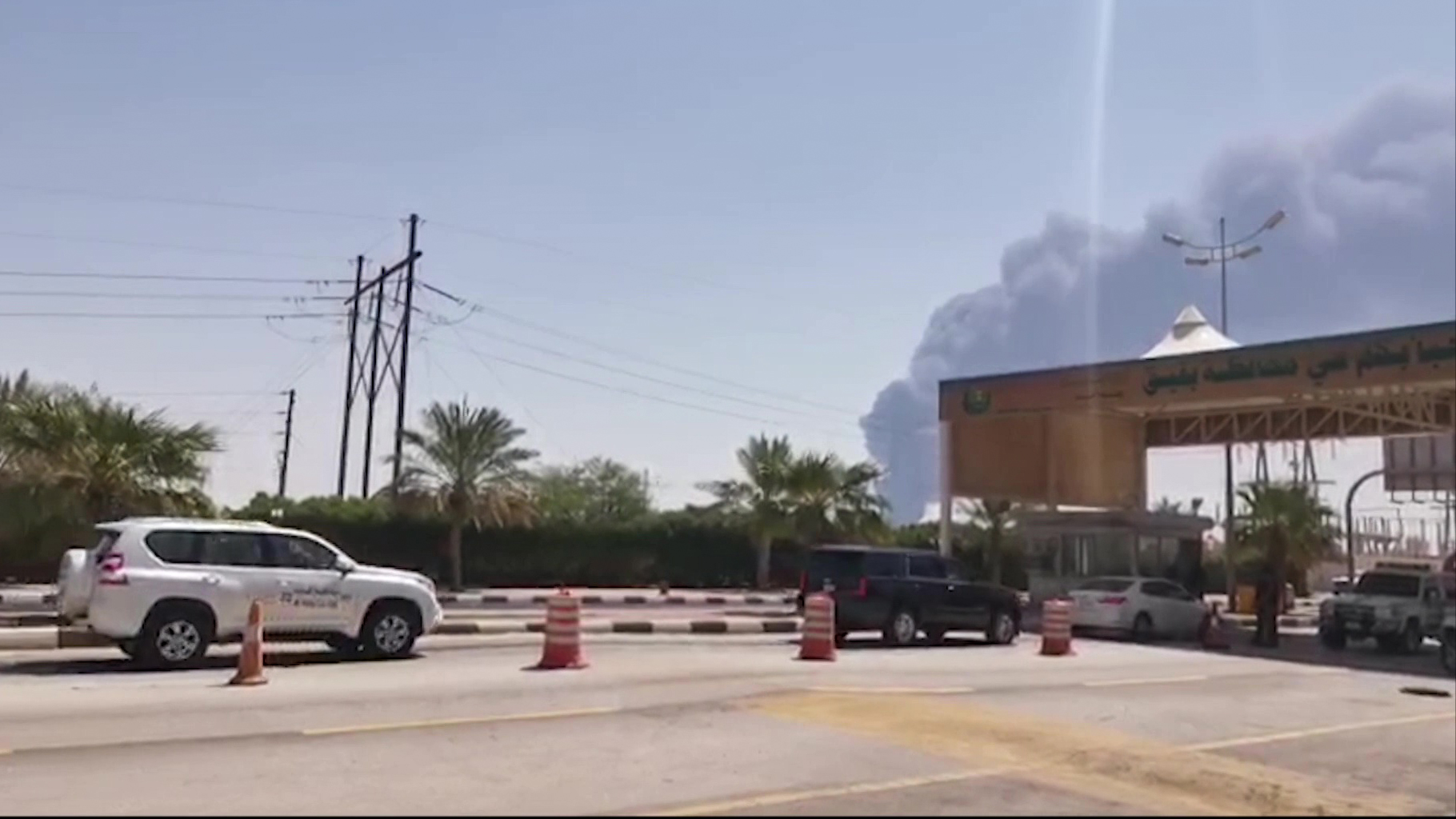Equatorial Guinea not seeing oil money
TEXT OF STORY
Stacey Vanek-Smith: Oil prices have been in something of a free fall. Yesterday, they dipped to $60 a barrel. That’s turned around slightly today, but oil’s still about 17 percent below what it was last week, and less than half of what it cost last summer. That has oil producers cutting back on exploration and production. OPEC is forecasting members will slash spending by a third because of the global recession and a new focus on energy efficiency.
One major oil producer is under the microscope today: Equatorial Guinea. It’s the fourth-largest oil producer in sub-Saharan Africa, and supplies the U.S. with as much as 100,000 barrels of oil every day. A new report from Human Rights Watch says government officials there are squandering revenue from all that oil, leaving most of the country’s citizens in poverty. Gretchen Wilson reports.
Gretchen Wilson: Equatorial Guinea discovered huge offshore oil reserves in the early 1990’s. Since then, GDP has increased more than 5,000 percent. Per capita earnings are greater than in Italy, Monaco, or Saudi Arabia.
But Human Rights Watch says the country’s half a million people haven’t seen that wealth. In fact, things like infant and child mortality have actually increased over the last 20 years.
Arvind Ganesan is the director of the groups Business and Human Rights program:
Arvind Ganesan: But at the same time, government officials like the president and his family have enriched themselves off the oil wealth of the country.
Most investment in Equatorial Guineas oil industry comes from U.S.-based firms. Ganesan says that gives the U.S. a lot of leverage.
Ganesan: The Obama administration has a real opportunity to start dealing with some of the human rights and corruption problems that plague a country like Equatorial Guinea.
He says one suggestion is an SEC rule that would require oil companies to disclose how much they pay to governments.
In Johannesburg, I’m Gretchen Wilson for Marketplace.
There’s a lot happening in the world. Through it all, Marketplace is here for you.
You rely on Marketplace to break down the world’s events and tell you how it affects you in a fact-based, approachable way. We rely on your financial support to keep making that possible.
Your donation today powers the independent journalism that you rely on. For just $5/month, you can help sustain Marketplace so we can keep reporting on the things that matter to you.


















